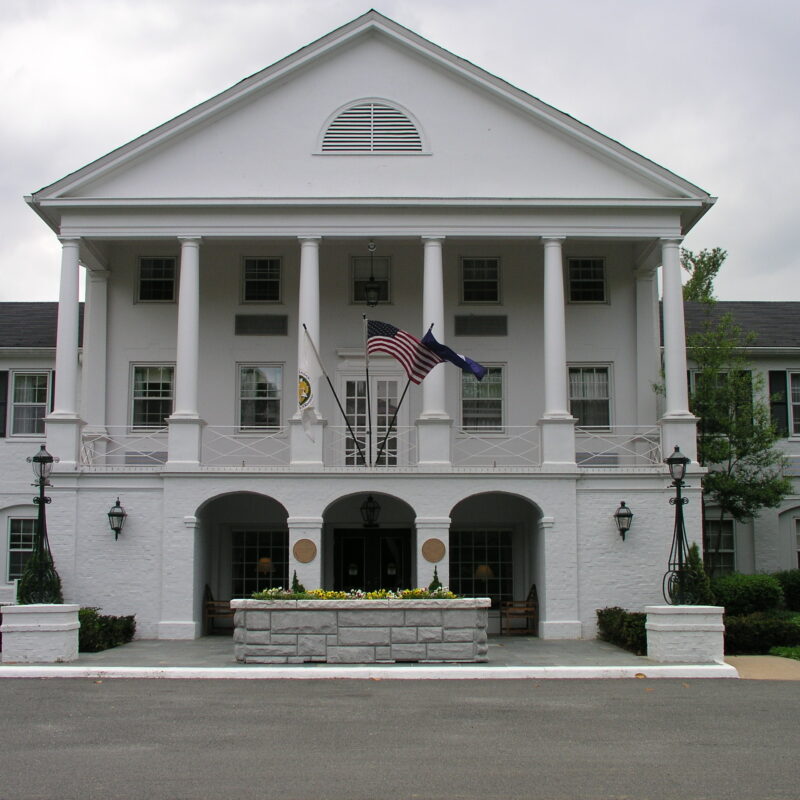The Fluvanna Correctional Center for Women is located on an isolated piece of land off U.S. Route 250 in Troy, Virginia. Its cinderblock walls are white and clean, the staff are friendly as officers pass through a metal detector, raise their arms and get patted down.
A series of heavy doors, painted government green, lead to a maze of hallways and finally out into a wide courtyard. Lines of women in sack-like burgundy smocks and bright orange hats shuffle along the sidewalks in the afternoon sun.
It took Sharon Porter a while to come to terms with the idea that those sidewalks and that slice of sky could be the last she’d ever see. A tall, blonde woman with an easy smile, Porter, 39, has already served 18 years of a life sentence for killing
her husband.
 A meditation program at the Fluvanna Correctional Center for Women brings peace amid the stressful, medium-security environment. A meditation program at the Fluvanna Correctional Center for Women brings peace amid the stressful, medium-security environment. |
Every morning, Porter wakes around 6:30am, drinks coffee, and heads to work in the prison’s maintenance department.
In the evenings, she’s enrolled in apprenticeship classes, and a program that teaches incarcerated moms how to be good parents. Porter’s daughter is 21 and a college junior in Ohio.
Wednesday evenings are special. Porter and 80 other women meditate with teachers from the Blue Ridge Prison Project.
Since the program began in 2004, waiting lists for the classes have ballooned to over 100 women, says Pat Coffey, one of the teaching volunteers. They recently held a fundraiser in hopes of expanding class services and providing materials like books and tapes to inmates.
In a typical class, inmates sit in chairs, do a “check in” on the week’s homework assignment—like sending loving kindness to someone—and meditate together.
Alison Morton is a student in the advanced class. A short, compact woman with tightly braided hair, Morton speaks in a slight British accent that hints at her life before prison. She wouldn’t elaborate on her crime, but she has been imprisoned for eight years. “It’s very enlightening to be able to come to a place where you can live in the moment and not be burdened down by the past,” Morton says.
Meditation skills will no doubt help inmates once they get out. But for those, like Porter, who gets turned down for parole year after year, meditation is a way of coping with the day-to-day.
Coffey, who also teaches meditation in Charlottesville, says the inmates are some of his favorite students. “These women understand the nature of suffering better than most. They get it that they can’t manipulate their exterior environment to get what they need.”
C-VILLE welcomes news tips from readers. Send them to news@c-ville.com.





